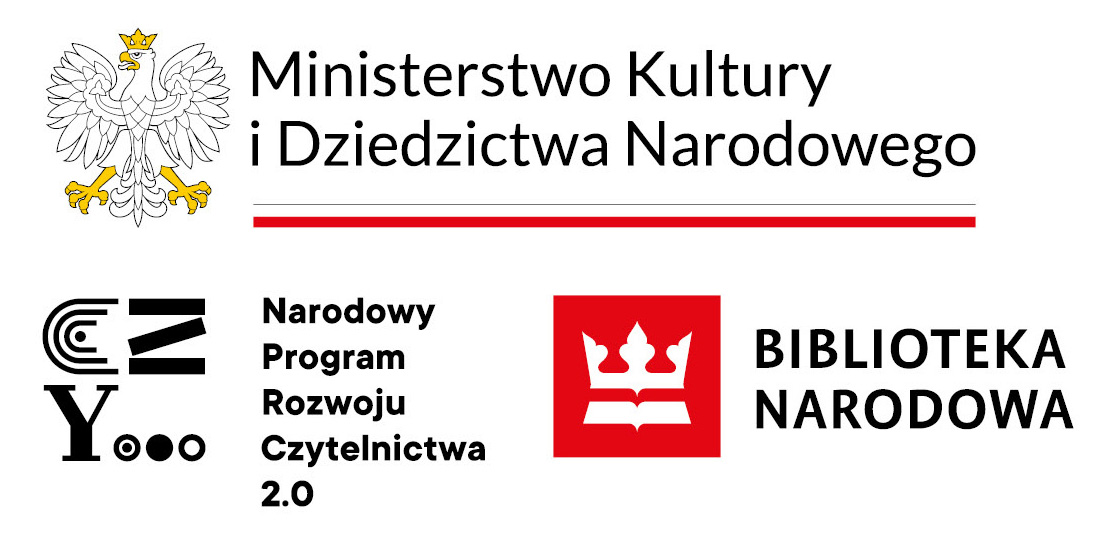Open Peer Review (OPR) is an important aspect of Open Science. Opening up what has traditionally been a closed process increases opportunities to spot errors, validate findings and to increase our overall trust in published outputs.
In traditional peer review, the identities of the reviewers are not known to the author ("single blind" peer review) or the identities of both authors and the reviewers are not disclosed to each other ("double-blind" peer review). The reviews and the author’s responses are also not disclosed to the reader. Open peer review models are changing this.
Why is Open Peer Review important?
- Transparency - reviewers can be held accountable for their evaluations. This leads to a higher review (in terms of tone and quality) with fewer instances of reviewer bias as conflicts of interest can be identified by the participating community.
- Speed - traditional peer review takes a long time. In many cases, it can be almost a year between submission and final publication, meaning that access to research findings are delayed substantially. Moving from individual peer reviewers to community review speeds up the process significantly by opening up the pool of reviewers able and willing to take on the review.
- Reliability - including the wider community instead of depending on just 1–2 reviewers provides a better opportunity to identify methodological flaws or other inconsistencies in the research.
- Consistency - reviewers can have differing opinions about the papers they review. It can often be unclear as to why a paper is rejected by one reviewer and not by another. Open peer review supports improved consistency and reduces the chance of bias by ensuring that more reviewers' views for a given paper can be captured and compared.
- Context - making reviewers' questions about a given paper open along with the responses from authors provides valuable context about the methodologies employed and research processes.
- Motivation - Peer review takes time and effort. Current peer review which hides the identity of reviewers does not allow those carrying out reviews to get credit for their work. By publishing their review reports and assigning them a DOI makes them citable research outputs in their own right. Linking these back to you by including your ORCID ensures that you always have an up-to-date CV of all areas of your work.
Open peer review may refer not only to publication of review reports, but also to publication of identities of reviewers. Opening your research to wider review from an early stage can improve the quality of your methodology and subsequently the credibility of your findings. If you write an open peer review, it will be new citable research output. Seeing how others present their reviews can often help you to write more diplomatic and constructive reviews yourself. Results are made available more quickly and can therefore be built upon more efficiently. By engaging in OPR, you are setting an example for others to follow.
